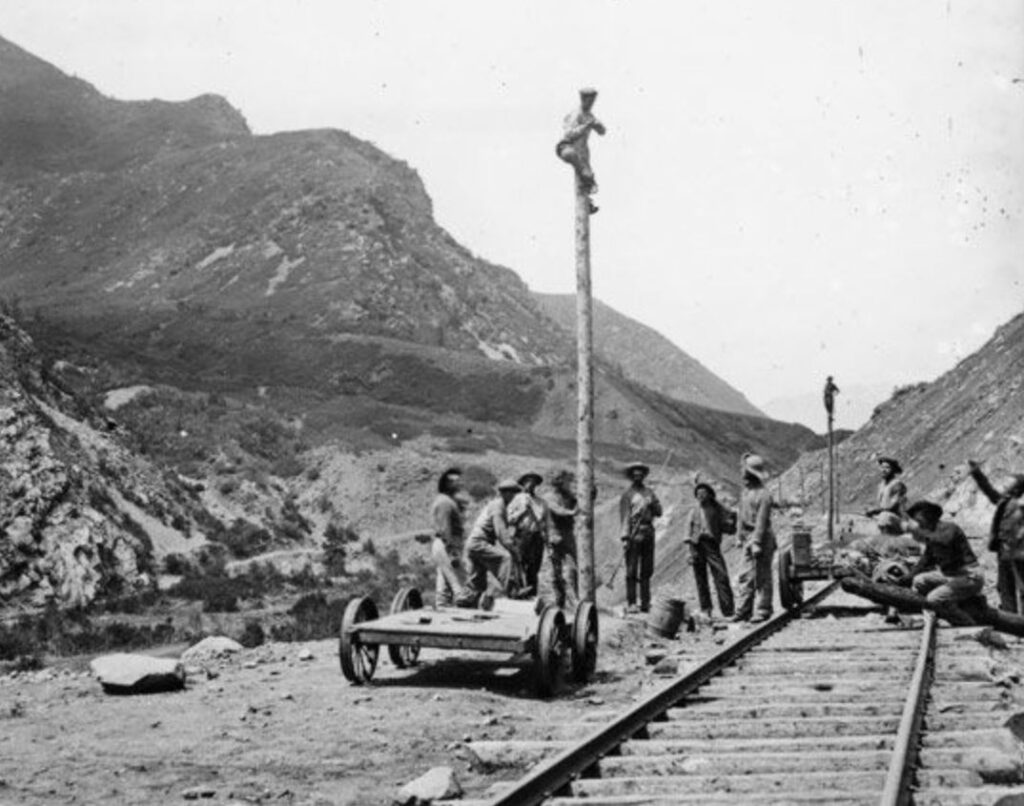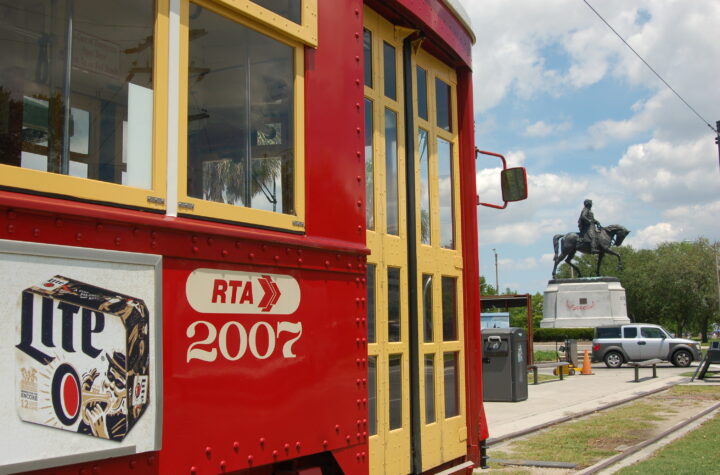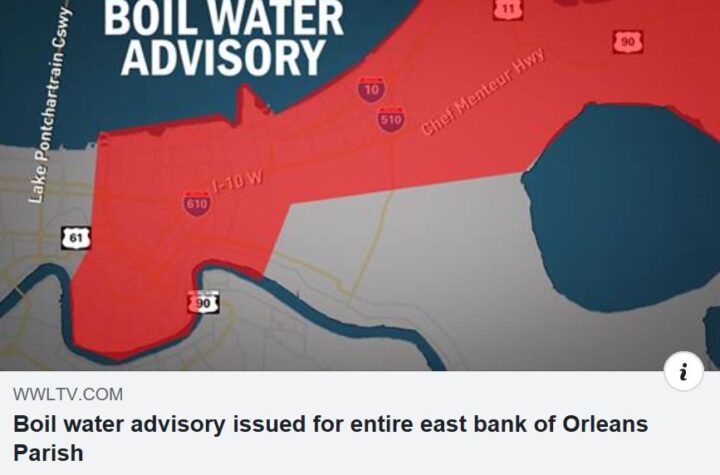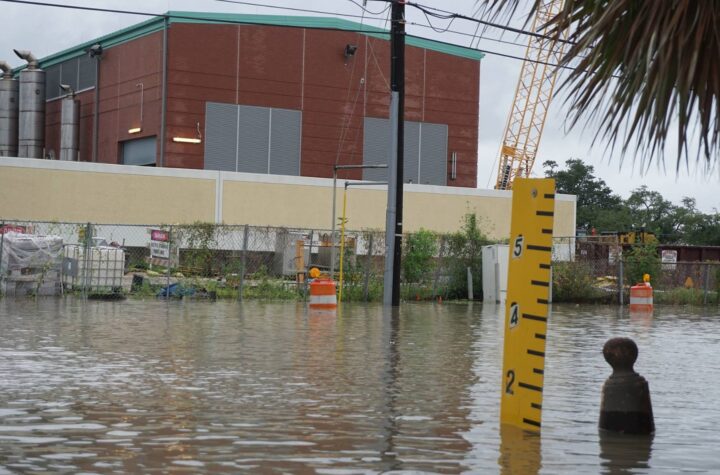
As a US Army Officer, Civil Engineer, Secretary of War, and US Senator Jefferson Davis was instrumental in many developments for America.
Davis had served in the US Army during the Mexican-American War and then as US Secretary of War from 1852-1856 during which time he designed the route for southern Transcontinental Railroad, which also contained telegraph lines. Link to interview on Jefferson Davis.

Jefferson Davis was a lead in Congress in designing the Smithsonian Institute


1852-1856 Railroad and Telegraph Expansion under US Secretary of War Jefferson Davis




“In today’s world technology is just taken for granted. Nobody bats an eye when a new phone, TV, or tablet comes out, and there are dozens of way to socialize, including the Internet and cell phones.
Over 155 years ago, the first transcontinental telegraph was completed. The telegraph stretched from sea to sea and it came at a good time, bringing people closer together. This completion came at the same time the North and South were winding down the Civil War. Many Americans who got to test out the telegraph firsthand realized what a breakthrough it was. It could enhance national identity and change lives.
Amy Fischer, an archivist for Western Union, said that there were telegraph lines running across mountains, canyons, and even tribal lands to make connections. She said that the Civil War had just ended only months before and people were in awe that someone from California could talk to someone in Washington or even the East Coast. On October 24, 1861, California’s chief justice, Stephen J. Field, wired a message from San Francisco to President Lincoln, all with the touch of one button. His message to Lincoln was a congratulations for the telegraph’s completion that day.
Telegraph historian Thomas Jepsen believes that the transcontinental telegraph is what started our journey toward technology. If it wasn’t for this invention there would be no telephone, no teletype, no fax, or no internet. The telegraph could even be considered a greater influence on communication than the Internet.”





More Stories
Robert E. Lee’s Contributions: Mississippi River Commerce, D-Day, the Mexican-American War, The Posse Comitatius Act, Expanded College Courses